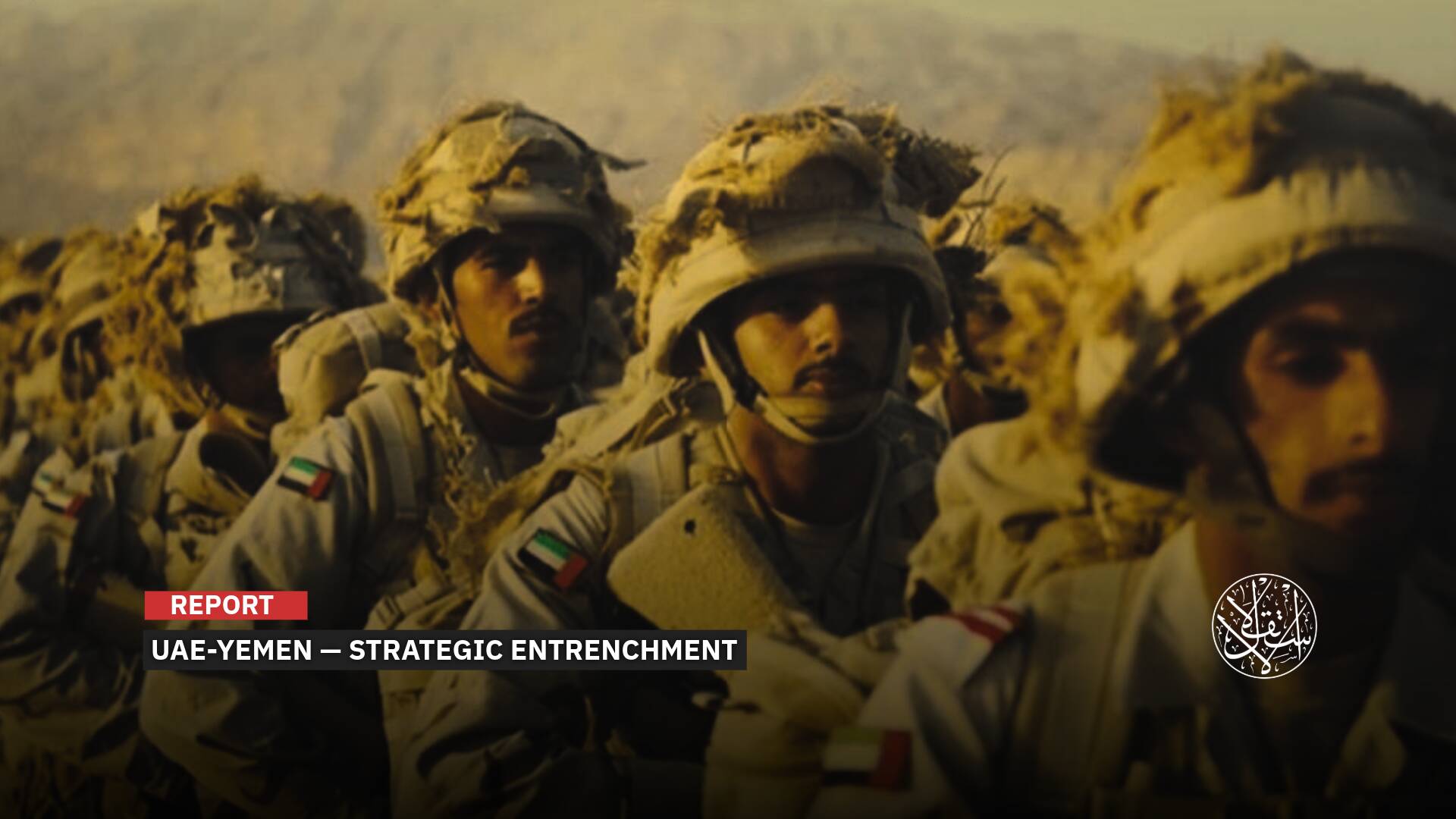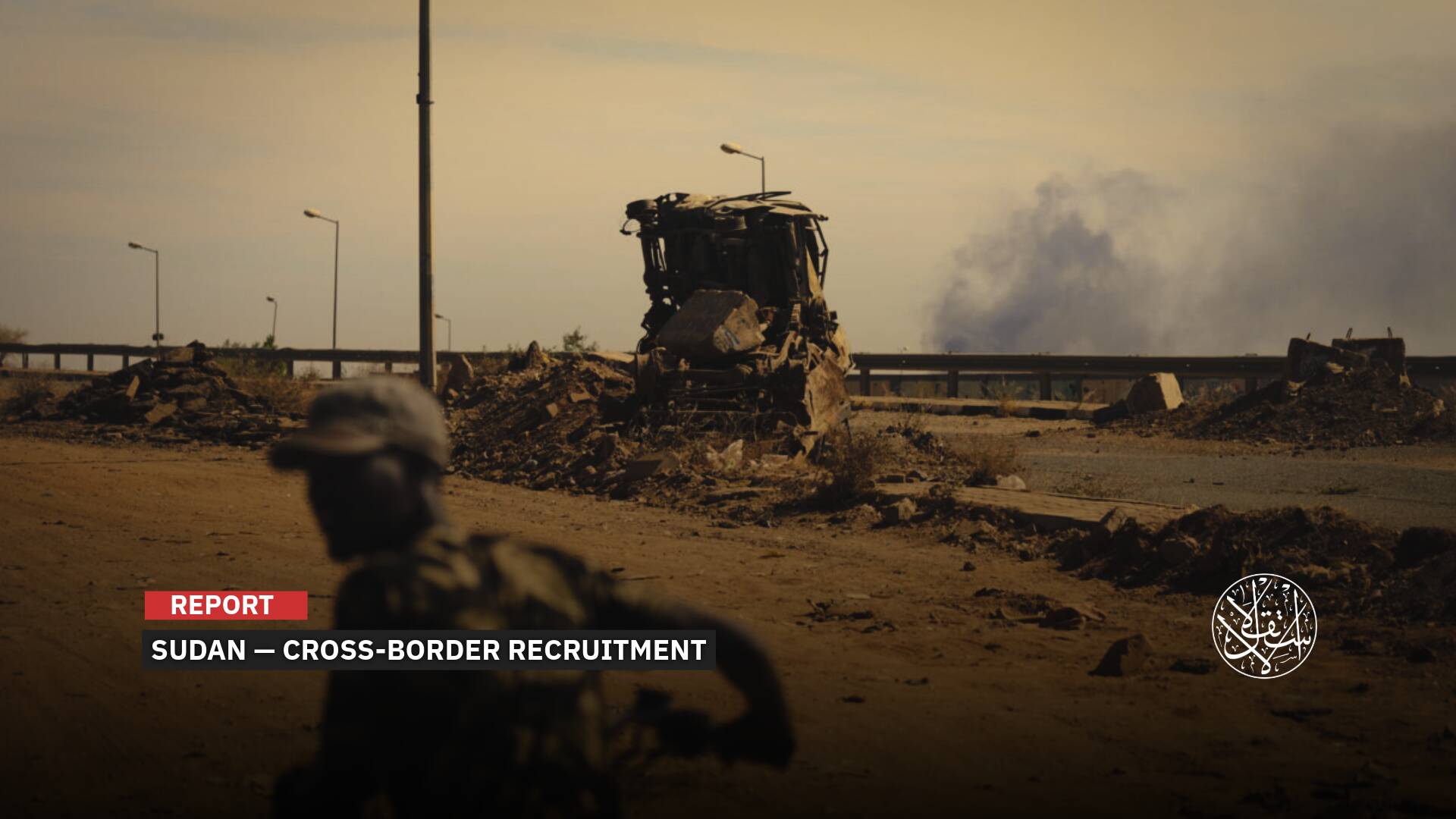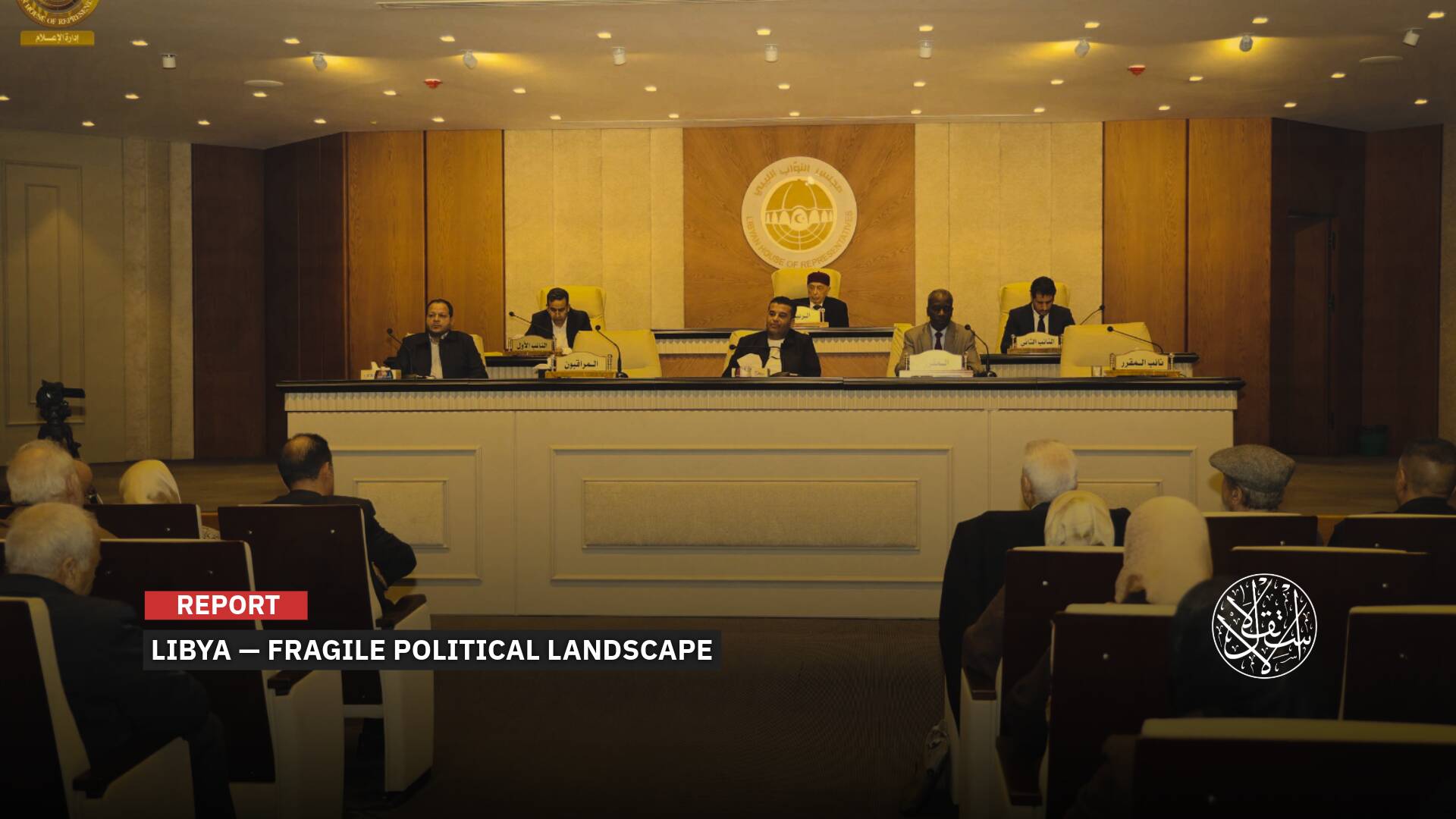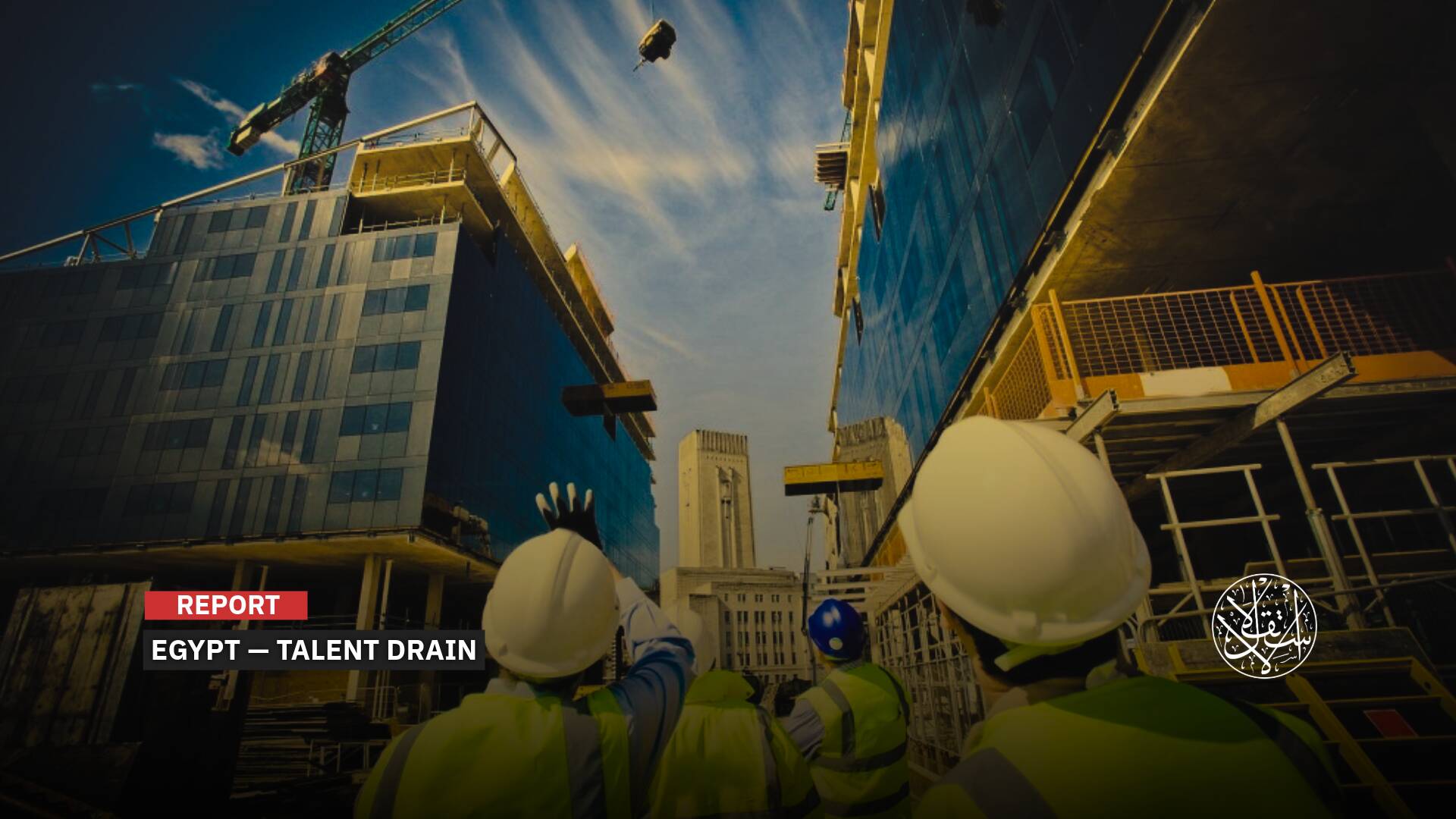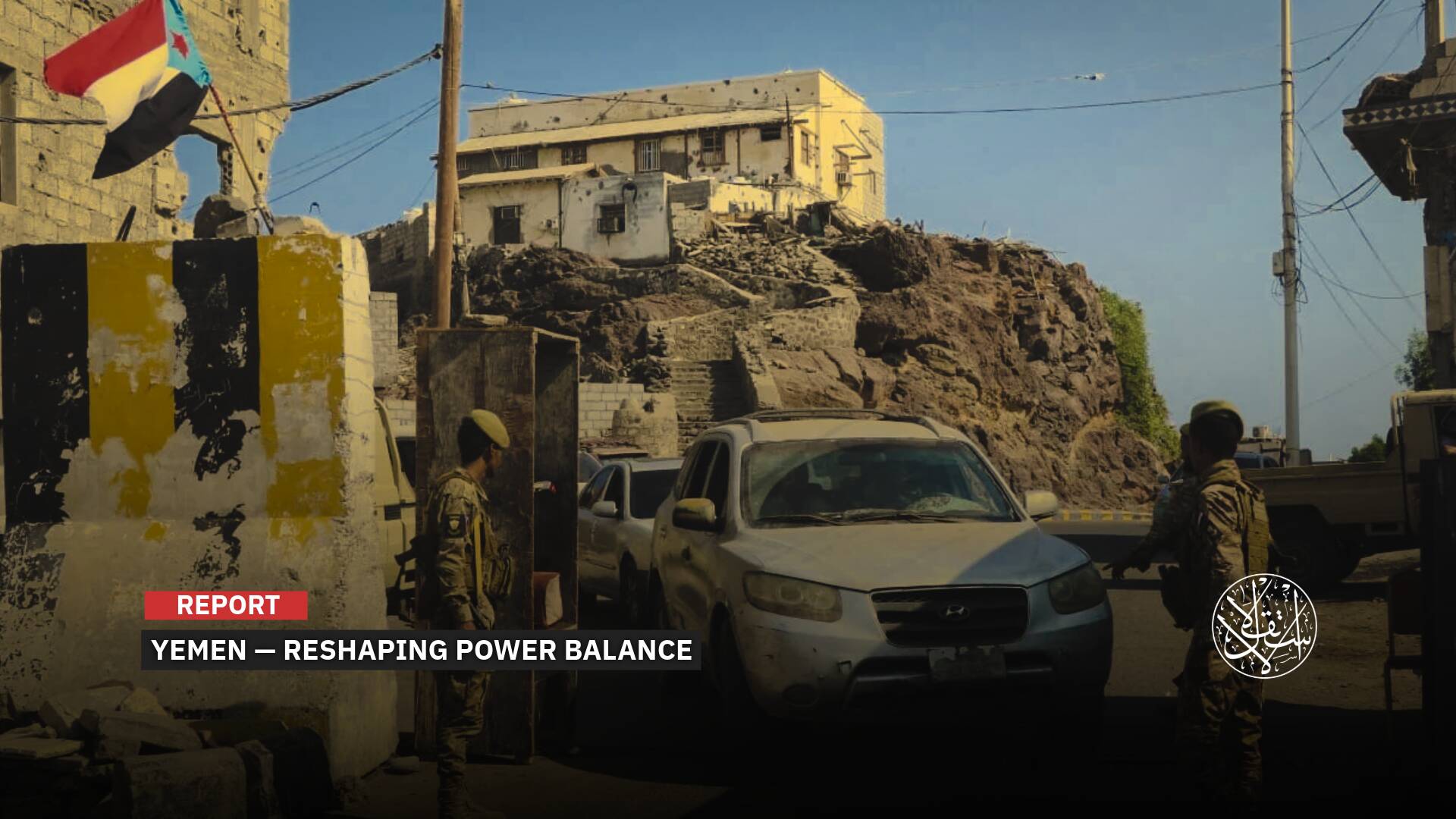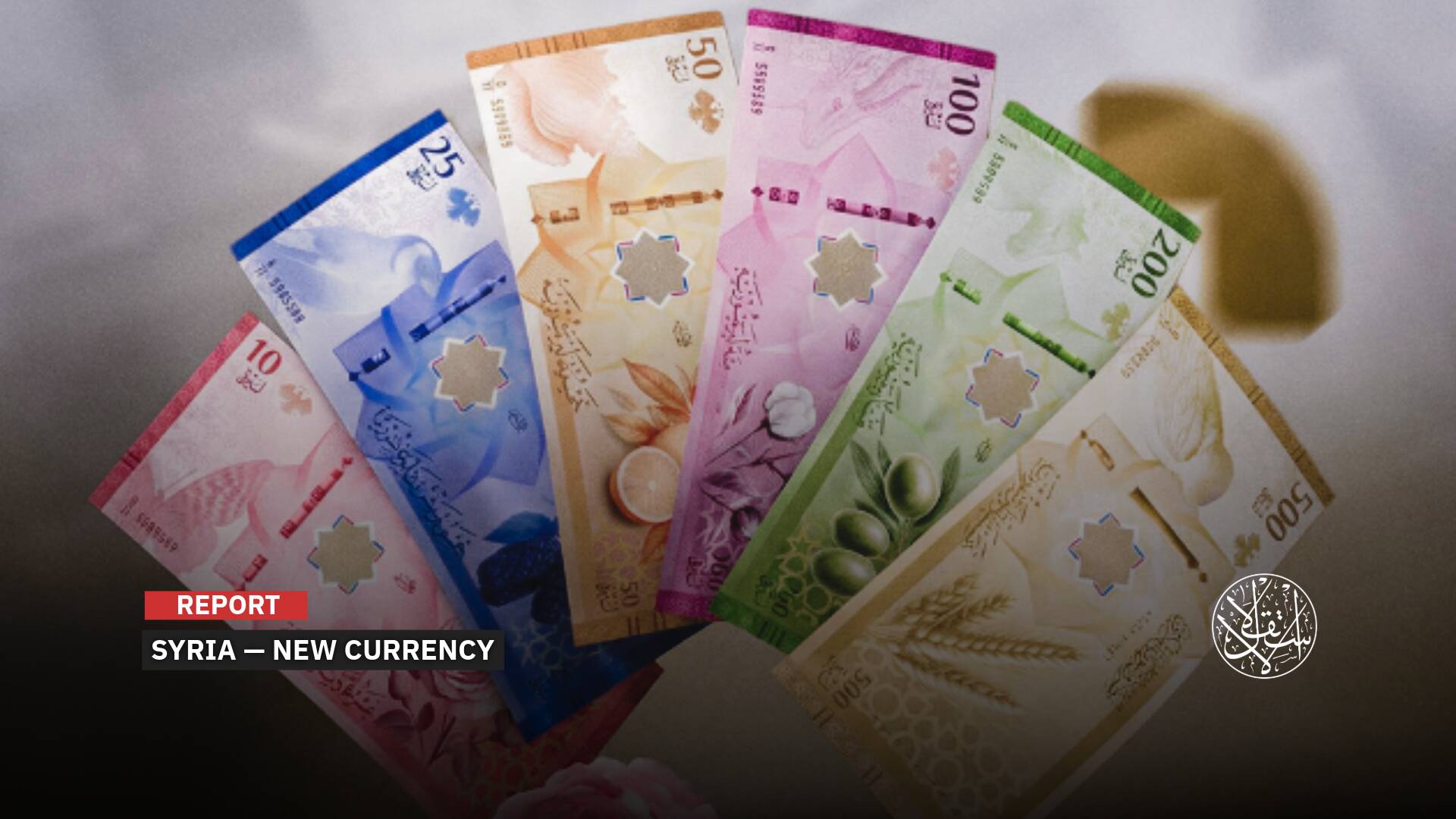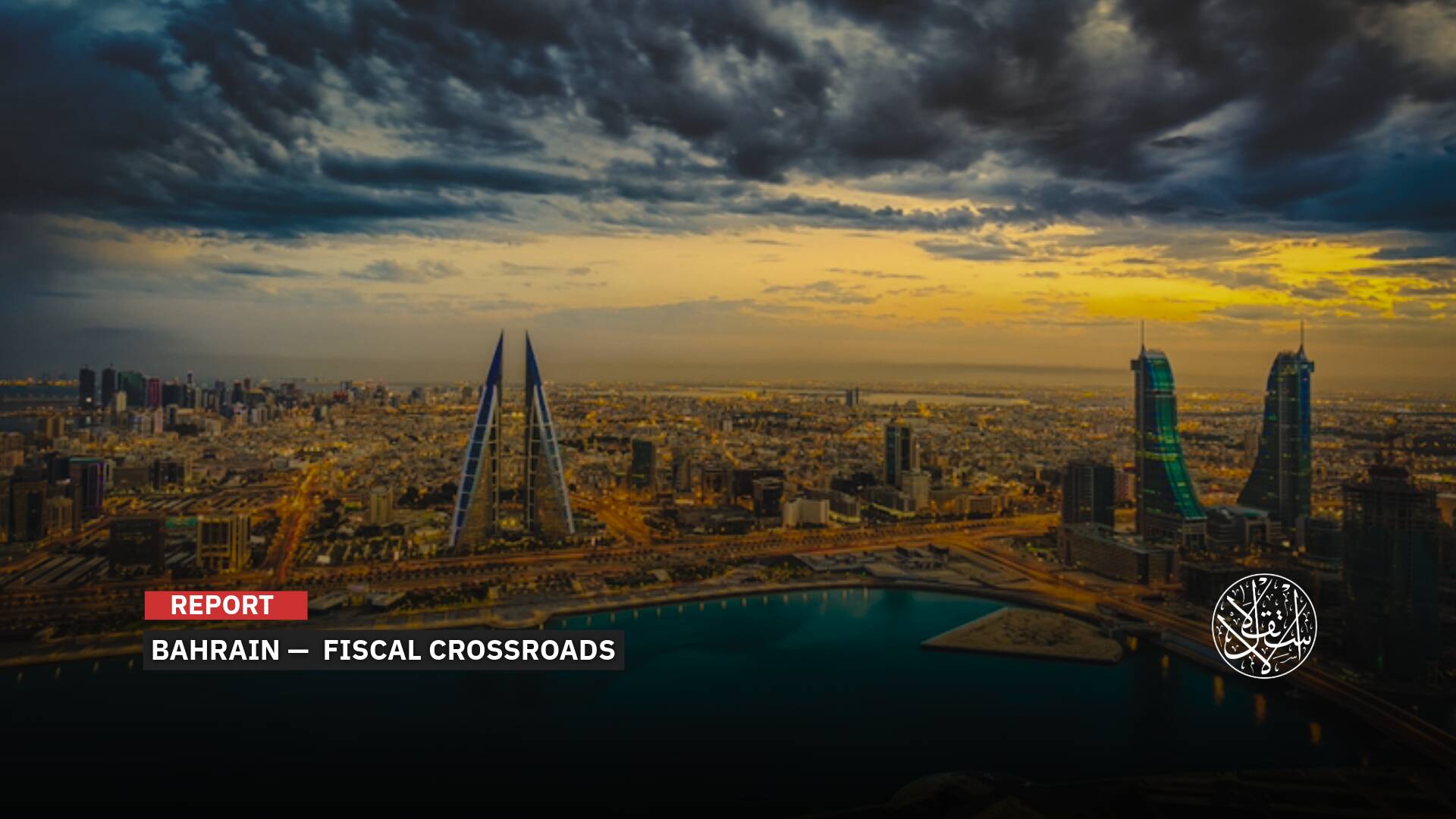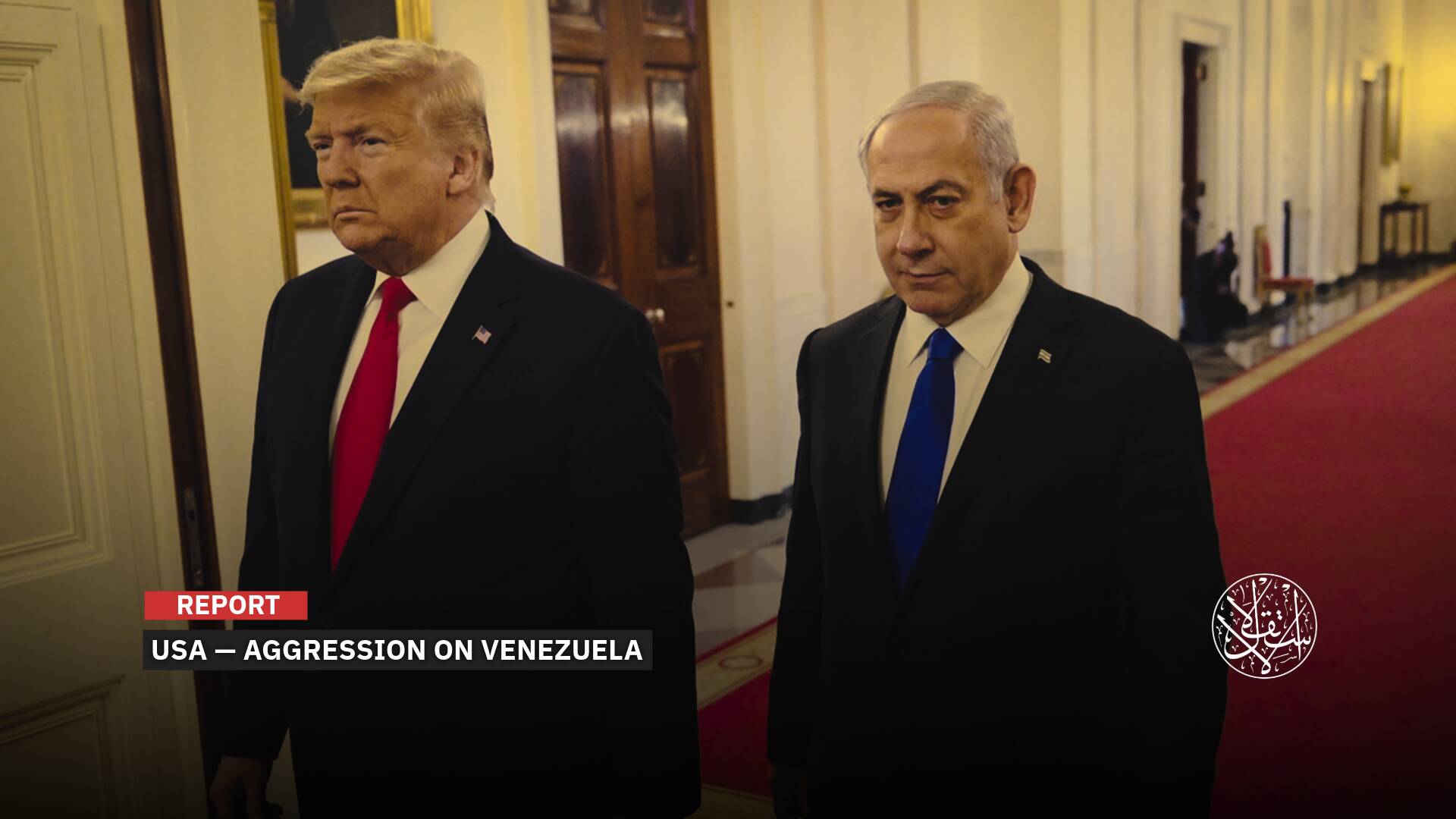Will Macron and Starmer Succeed in Shaping Europe’s Future?

“Starmer sealed a one in, one out migrant-return deal with Macron “
On July 8, French President Emmanuel Macron made his first visit to the United Kingdom, where he met Prime Minister Keir Starmer and King Charles III, in the framework of the friendly reconciliation revival that brings together Paris and London.
This is the first French president's visit to the UK since Nicolas Sarkozy's visit in 2008, and the first visit of a European leader since Brexit in 2020.
The last day of the visit witnessed a meeting on bilateral defense cooperation in the field of nuclear deterrence, in addition to a meeting joined by Ukraine’s President, Italy's Prime Minister, and Germany’s Chancellor, during which the Ukrainian issue was discussed.
Parallel to this advanced defensive cooperation, the issue of irregular migration was not lost on the agenda of the summit, as Starmer faces increasing internal pressure to limit the crossing of migrants through the English channel in small boats starting from the coasts of northern France.
Observers have pointed out that Macron and Starmer are working on developing a new European coalition, based on a deep defensive and security partnership, paving the way for a British-French axis as a central driving force within the old continent.
In the economic aspect, the Elysee announced that the French Electric Utility Company (EDF) will acquire a 12.5% stake at the British Sizewell C nuclear power station in eastern England.
European Approach
At the conclusion of a three-day state visit, British Prime Minister Keir Starmer and French President Emmanuel Macron announced a new chapter in relations between their two countries, moving beyond previous tensions to focus on deepening cooperation in vital areas.
They also revealed the features of an unprecedented defensive understanding, which includes -for the first time- a preliminary commitment to coordination between the two nuclear arsenal of Britain and France in the event that the security of European allies is exposed to a serious threat.
This move comes as Ukraine continues its war against Russia, amid declining US military support for Kyiv, and as several European countries struggle to fulfill their commitments under the so-called coalition of the willing aimed at deterring Moscow.
This coalition, which was established by Paris and London at the beginning of the year 2025, brings together 31 countries committed to strengthening the defense capabilities of Ukraine and ensuring future ceasefire between Kiev and Moscow.
In turn, Macron gave a speech in the UK Parliament, in which he stressed that “the UK and France must show again today the world that their alliance is able to make every difference.”
He pointed out that “it is clear that the two countries need to work together to defend the effective pluralistic approach and protect the international system that was formulated after the Second World War.”
He said that “Britain and France should cooperate in facing the many threats that destabilize the world and work to protect Europe from excessive dependence on the U.S. and China.”
In denouncing the return of the imperialist tendencies to appear, Macron stressed that the Europeans, in the forefront of the French and the British, will never abandon Ukraine.
He had previously expressed his country's readiness to deploy nuclear planes in Germany, in a move that reflected European confidence in US guarantees, especially with the presence of about 100 nuclear missiles in US military bases in Germany, no longer representing an element of reassurance as before.

Nuclear Coordination
Amid deteriorating European security, Paris and London recently announced their readiness to coordinate their nuclear deterrence and protect Europe from any threats.
The two countries emphasized that sovereignty over the decision to activate nuclear weapons remains completely, but any opponent that threatens the vital interests of the UK or France can be confronted with the forces of both countries.
According to the French presidency, a nuclear control group headed by the Elysee Palace and the office of the British Prime Minister will be responsible for coordinating the growing cooperation in the fields of political, capabilities and operations.
The last declaration is a qualitative development compared to the 1995 joint declaration, which is only satisfied with the fact that the two countries do not imagine a situation in which the vital interests of one of them can be threatened without the other, without talking about coordinated responses or nuclear weapons.
But the change of security and military conditions in Europe, especially after the Russian invasion of Ukraine in 2022, and the growing doubts in Washington's obligations during Trump's era towards NATO and European allies, pushed Paris and London to reformulate their defensive cooperation within an independent European framework.
Britain has about 225 nuclear missiles, while France has 290 nuclear missiles, compared to a Russian arsenal estimated at about 6,000 missiles, according to the Chatham House Research Center.
While France maintains the independence of its nuclear decisions, the British nuclear arsenal remains linked logistically and politically to NATO and the U.S.
Starmer and Macron also announced that they will depth relations in the field of nuclear research and missile development.
Meanwhile, they have agreed to cooperate in a number of other traditional weapons programs, which include developing an alternative to Storm Shadow cruise missiles.
The two allies also agreed to develop a new long-range air-to-air missile for use by Royal Air Force fighter jets, as well as artificial intelligence software, anti-drone weapons, and jamming devices.

Migration Plan
The tragedy of illegal migration across the English Channel remains the greatest challenge facing French-British relations.
Despite British funding and cooperation with French police, approximately 21,000 people arrived in Britain by small boat this year, a 50% increase compared to the same period in 2024, according to The Guardian.
Despite disagreements over the mechanisms for sending back asylum seekers, the two countries emphasized the importance of security coordination to control borders and prevent irregular migration.
Starmer is working to address high levels of migration in an attempt to halt the rise of the far-right Reform UK Party, led by Nigel Farage, who played a leading role in Brexit.
The two leaders said they had agreed on a one in, one out migrant-return deal, which would see Britain deport illegal migrants arriving in small boats to France in exchange for accepting the same number of asylum seekers from France who have connections to Britain.
British media reported that this proposal has raised concerns in several European countries, such as Italy, Spain, and Greece, which complain that it could lead to them absorbing a flood of deported asylum seekers and migrants.
A government source said they are looking to return about 50 people a week, or 2,600 a year, a fraction of the more than 35,000 arrivals the British government reported last year.
French police have recently taken stricter measures to prevent these crossings, including slashing open inflatable boats with knives to deflate them just offshore, according to the New York Times.

US Vacuum
Both the French and British leaderships face difficult domestic political challenges.
Starmer's popularity has fallen to record lows, with the far-right Reform UK party trailing Labour in the polls, while Macron is also facing political difficulties at home.
Politico also revealed that Macron and Starmer differ somewhat in their dealings with the mercurial Trump.
While Starmer has continued his policy of not disagreeing with the US president, whether on trade or security issues, Macron has shown a greater willingness to challenge Trump.
Macron visited Greenland in solidarity with it amid Trump's threats to annex it to the U.S.
He also claimed that Trump left the recent G7 summit in Canada early to negotiate a ceasefire between Israel and Iran.
Macron is thought to be unhappy at the deal struck between Starmer and Trump to mitigate US tariffs on UK goods, while France remains subject to the penalties imposed on the EU.
In turn, political analyst Ibrahim Khatib explained to Al-Estiklal that “the Macron-Starmer summit represents the beginning of a new path in French-British relations, based on a realistic alliance on crucial issues such as migration and nuclear security.”
“One of the most significant developments of the summit was the agreement to coordinate the two countries' nuclear capabilities under a new umbrella. This is a major step aimed to fill any vacuum that Washington may leave in ensuring the continent's national security,” he added.
Mr. Khatib said that “the summit also emphasized that any serious threat to Europe would be met with a joint response from Paris and London, a preliminary form of what could later evolve into a unified European army and a direct message to Moscow.”


